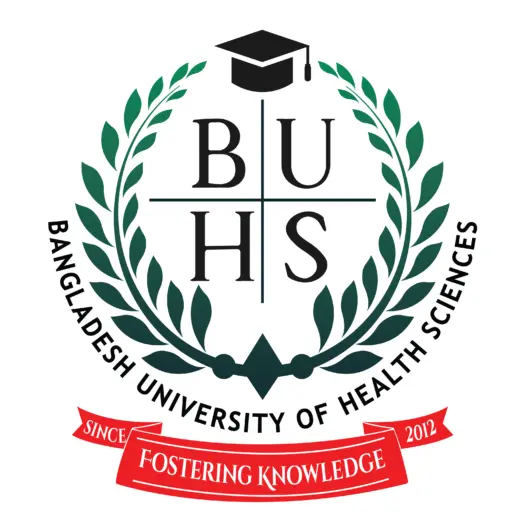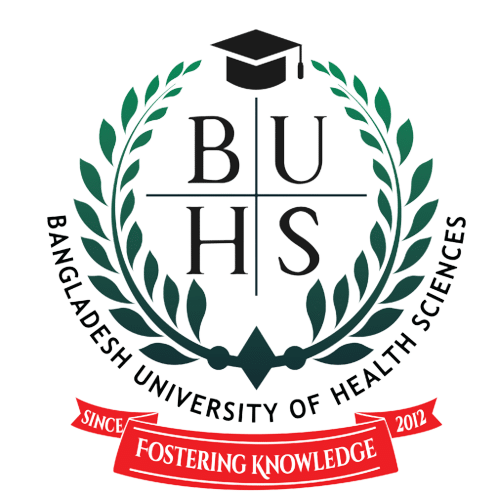MS IN APPLIED LABORATORY SCIENCES
To meet these goals, the following are the program objectives:
- Help the students to conceptualize the basic knowledge, theories, principles/techniques, processes, methods and procedures of the main areas of Laboratory Sciences: Clinical Biochemistry, Microbiology, Laboratory Biosafety, Immunology, Pathology, Hematology, Transfusion Medicine, Molecular Diagnostic, Physiology; Pharmaceutical, Analytical and Biomedical Research Laboratories.
- Make the students able to demonstrate high-level analytical and critical thinking skills to solve conceptual and quantitative problems in laboratory sciences by applying fundamental principles in various analytical laboratories.
- Develop the skill to demonstrate safe and acceptable skills in laboratory procedures and experimental design.
- Help the students to acquire the essential tools needed to carry out biomedical research independently and in team.
- To enhance the skill of interpreting and communicating laboratory and scientific results effectively in written, oral, and interactive presentations.
- Help students develop curiosity and interest in making scientific investigation and personal integrity and realize the roles of Laboratory Scientists in health sectors and social and economic aspects nationally and globally.
- Acquaint students with moral and ethical values to handle the laboratory analysis, results and research findings, maintain the secrecy of internal policy and development of patriotism.
The Department of Applied Laboratory Sciences was established in 2012 and the program has been established in 2013. The Department is involved in both research and academic activities. In addition to Medical Laboratory Science, multi-disciplinary knowledge like Physics, History of Emergence of Independent of Bangladesh, Chemistry, Biology, Biochemistry, Pathology, Analytical Techniques and Instrumentations, other Laboratory sciences-based courses; Molecular Biology, Quality Control, Transfusion Medicine, Laboratory Biosafety, Biostatistics and Computer Science are also provided in this Department. Majors will have the opportunity through extensive coursework, Laboratories (hospital attachment), Seminars and Several projects to develop the knowledge and skills necessary to enter the workforce or to go on with further graduate education leading to MS degree in Medical Laboratory Science or related discipline at home and abroad.
Years -1.5
Semesters – 3
Total minimum credit requirement to complete the program: 70
2013
- BSc (Hon’s) in Laboratory Technology or its equivalents from any recognized University.
- Postgraduate diploma in medical/laboratory technology from any recognized University.
- BSc (Hon’s) in Microbiology, Biochemistry, Biotechnology & Genetic Engineering and related disciplines.
- Foreign students with equivalent qualification are eligible.
Equivalence will be decided by a Committee called ‘Equivalence Committee’ formed by the Academic Council of BUHS,
- Total minimum credit requirement to complete the program: 70
- Total class weeks in a Year/ semester: 48/24
- Minimum CGPA requirements for post-graduation: 2.5
- Maximum academic years of completion: 3 years
Category of courses:
- General Education Courses: 25%
- Core Courses: 55%
- Capstone courses/Thesis/Training: 20%
Career opportunities after passing from this department are very much diverse:
- As scientific officer in private and public diagnostic laboratories and clinics.
- As scientific officer/ research fellow in institutes/ colleges/ universities/ industries.
- As an executive/ scientific officer in Quality Control laboratories of pharmaceutical, food and food related industries.
- Can hold Managerial positions in research and clinical laboratories etc.
- As a teacher in institutes and universities.
- Have excellent Job opportunities abroad.
- Eligible to appear General BCS and government job.
- Higher education (MPhil, PhD) and training opportunities at home and abroad.

